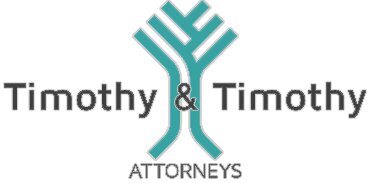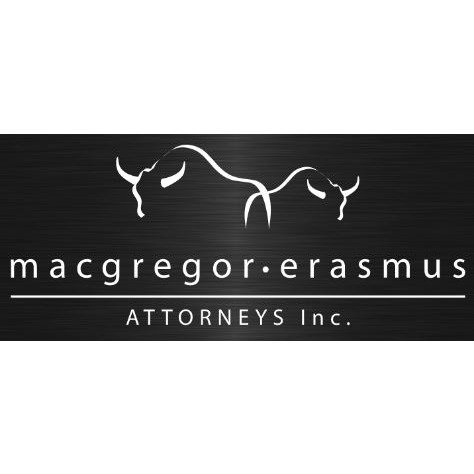Best Bad Faith Insurance Lawyers in Cape Town
Share your needs with us, get contacted by law firms.
Free. Takes 2 min.
List of the best lawyers in Cape Town, South Africa
About Bad Faith Insurance Law in Cape Town, South Africa
Bad Faith Insurance Law refers to legal matters surrounding the actions of insurance companies that act dishonestly, or in 'bad faith,' when dealing with insurance claims. In Cape Town, South Africa, claimants are protected against such practices by legislation and insurance regulations. These are designed to protect policyholders from insurance providers who unjustifiably deny claims, unduly delay claim processes, or misrepresent policy coverage.
Why You May Need a Lawyer
Legal help may be required in the event of an insurance claim that has been unfairly denied, delayed, or when a policyholder suspects they are being deceived by their insurance provider in any manner. Lawyers can offer assistance in understanding your insurance contract's fine print and decode any complex terms. A knowledgeable attorney can provide important advice throughout the negotiation process and could be instrumental in securing a fair settlement from the insurance company.
Local Laws Overview
In South Africa, insurance laws are governed by the Long-term Insurance Act 52 of 1998 and Short-term Insurance Act 53 of 1998, as well as the Policyholder Protection Rules implemented by the Financial Services Board. Rules within these laws stipulate that insurers must operate in utmost good faith towards policyholders. As such, any failure to do so can be grounds for a bad faith claim.
Frequently Asked Questions
What constitutes bad faith by an insurance company?
Bad faith can include a variety of actions, such as unjustified denial of a claim, unnecessary delay in resolving a claim, not investigating a claim thoroughly or promptly, or failing to accurately represent policy terms and conditions.
Can I sue my insurance company for bad faith?
Yes, according to South African laws if an insurance company is proven to have acted in bad faith towards a policyholder, legal action is justified and the policyholder can sue for damages.
What evidence is required to prove bad faith?
Collecting sufficient evidence can often be challenging. However, important documentation could include written communication between you and your insurance company, proof of the company's failure to respond or delay your claim, or proof of misrepresentation of policy terms and agreements.
What is the process to lodge a bad faith insurance claim?
First, consult with a professional attorney experienced in insurance law. Once evidence is gathered, your attorney will guide you through the process of lodging a claim against the insurance provider. This process may require negotiations or could potentially lead to litigation.
Does South Africa allow punitive damages for insurance bad faith?
While punitive damages are not common in South Africa, depending on the specific case, the court may award them if the insurance company's conduct is proven to be particularly egregious.
Additional Resources
The South African Financial Services Conduct Authority (FSCA) or the South African Insurance Association (SAIA) can offer support and resources. Ombudsman for Short-term Insurance (OSTI) and Ombudsman for Long-term Insurance (OLTI) also provide dispute resolution services for unresolved disputes between insurers and policyholders.
Next Steps
If you believe you have been a victim of insurance bad faith, it is advised to consult with a legal professional as soon as possible. Lawyers experienced in insurance law will guide you with collecting evidence, filing a complaint, and potentially litigating against the offending company. If necessary, they will represent you in court to ensure your rights are safeguarded.
Lawzana helps you find the best lawyers and law firms in Cape Town through a curated and pre-screened list of qualified legal professionals. Our platform offers rankings and detailed profiles of attorneys and law firms, allowing you to compare based on practice areas, including Bad Faith Insurance, experience, and client feedback.
Each profile includes a description of the firm's areas of practice, client reviews, team members and partners, year of establishment, spoken languages, office locations, contact information, social media presence, and any published articles or resources. Most firms on our platform speak English and are experienced in both local and international legal matters.
Get a quote from top-rated law firms in Cape Town, South Africa — quickly, securely, and without unnecessary hassle.
Disclaimer:
The information provided on this page is for general informational purposes only and does not constitute legal advice. While we strive to ensure the accuracy and relevance of the content, legal information may change over time, and interpretations of the law can vary. You should always consult with a qualified legal professional for advice specific to your situation.
We disclaim all liability for actions taken or not taken based on the content of this page. If you believe any information is incorrect or outdated, please contact us, and we will review and update it where appropriate.













